|
Paul Cornell, Chalk, Tor, 2017. Audio version available on Audible. I have some very mixed feelings about Chalk, a fantasy drama written by Paul Cornell, relying on English folklore. And maybe this review is just me trying to untangle them... Andrew Waggoner is a teenager bullied at school in Wiltshire (England) in the 1980s. One evening, the bullying turns into an even more vicious attack than usual and his torturers leave him with a maimed penis. But soon after appear Waggoner, a double of Andrew, who can be invisible, stronger than him, more ruthless than him, and bent on revenge. Chalk may be a fantasy novel but it is first and foremost a story about bullying. It is brutal and depicted for what it really is. The mechanism of bullying are also well explored: how a victim turns into a torturer themselves, because it is all surviving and coping mechanisms in a highly hostile and violent world. Let's put it bluntly, if you come for a rose tinted nostalgia trip about early teenagehood and the 1980s, you're in the wrong place and you'd best go back to watching Stranger Things or The Goonies! But here comes my first and foremost niggle with Chalk. The attack becomes an attack not on Andrew's body, but on what feels to be his essence, his self, as if his masculinity was only in his penis and that, now it is maimed, it makes him an incomplete man. It may leave some female readers a bit puzzled at such a definition of one's gender. On the other hand, it is highly representative of young male teenagers, fed with stereotypical images of masculinity. It is a tragedy, with no happy ending in sight as you learn very early in the first few pages. Because Andrew's quest for identity, inherent to any teenager, will always be blighted by that act of bullying. Beyond that, there are many sexist remarks that go unchallenged, like when one female character kisses another boy and a character calls her names for that. Once again, it may leave female readers uneasy, because it is unchallenged, even though it depicts faithfully what happened - and still happens - between young teenagers. All of this makes it very difficult sometimes to care for the characters who are all, male and female, victims and torturers, a band of awful and confused kids you'd want to smack and tell "Go to have a conversation with your mother, you idiot!" But it was probably what Cornell intended (I'm not familiar enough with his work to know) and in which case, he perfectly achieved his aim as far as I'm concerned. I felt both pity and repulsion for all the characters. The fantasy aspect slowly amps up over the novel. It is based on English folklore and integrates wonderfully with Wiltshire topography. It becomes both a story of Andrew's body and of the land, as if his body was the land itself, maimed and rising in anger, full of old feelings of revenge for violations and violence, turning on bullies representing forces that pushed them back into the ground. It is a fight of old and new, of old chtonian and sylvan forces against the modern world. The build up is particularly well done and ends in an almost hallucinatory sequence. Chalk faithfully presents the hysteria and violence of early teenagehood to the point it can be a very uncomfortable read. It is brilliantly served by the fantasy aspect, based on folklore, that intertwines inextricably with the human drama. It won't be a novel for everyone, but it won't be leave you indifferent. The writer's website. If you've liked Chalk, you may also like
0 Comments
Your comment will be posted after it is approved.
Leave a Reply. |
All reviews are spoiler free unless explicitly stated otherwise.
I only review stories I have liked even if my opinion may be nuanced. It doesn't apply for the "Novels published before 1978" series of blog posts. Comments are closed, having neither time nor the inclination to moderate them. |
WHAT IS THE MIDDLE SHELF?
The middle shelf is a science-fiction and fantasy books reviewS blog, bringing you diverse and great stories .
PLEASE SUPPORT AUTHORS.
IF YOU LIKE IT, BUY IT. |
ON THE MIDDLE SHELF
|
KEEP IN TOUCH WITH THE MIDDLE SHELF
|
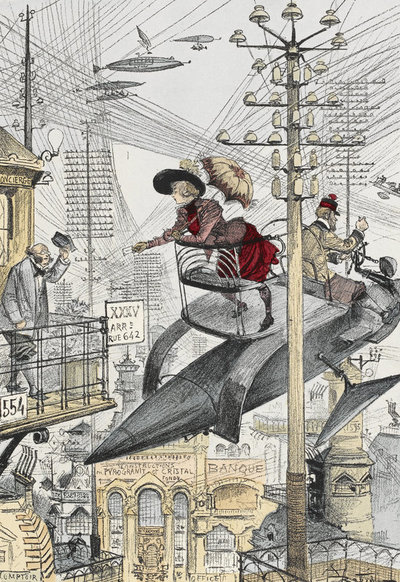
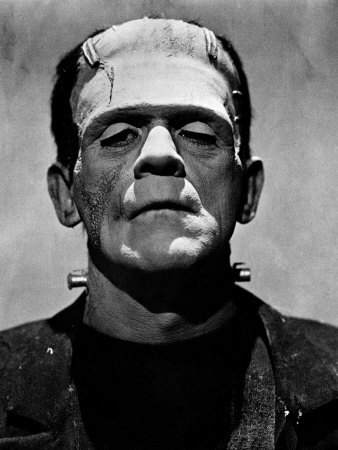
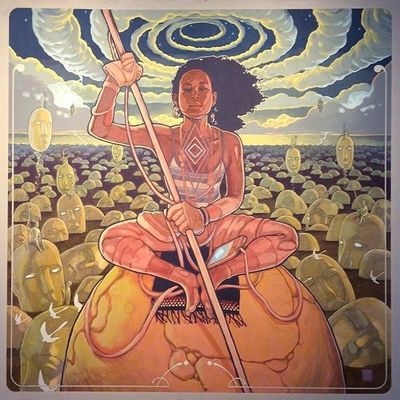
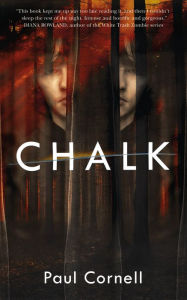
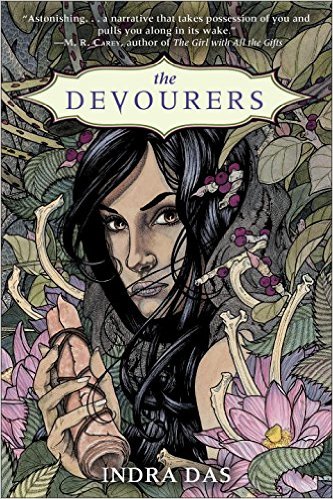
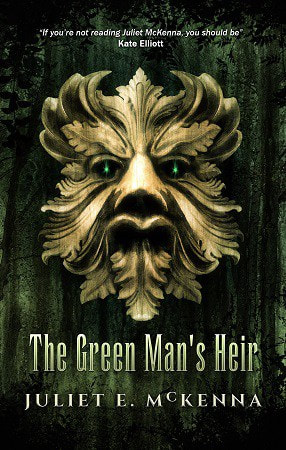
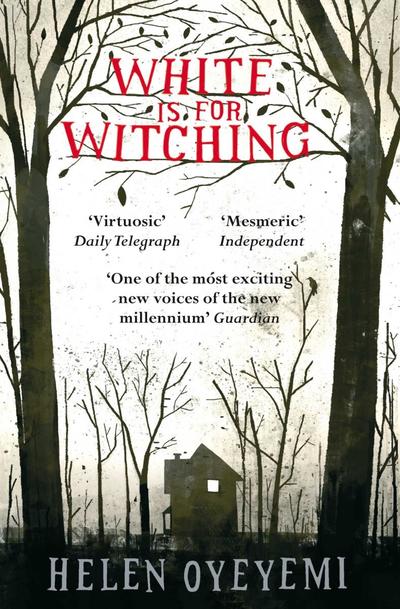
 RSS Feed
RSS Feed
